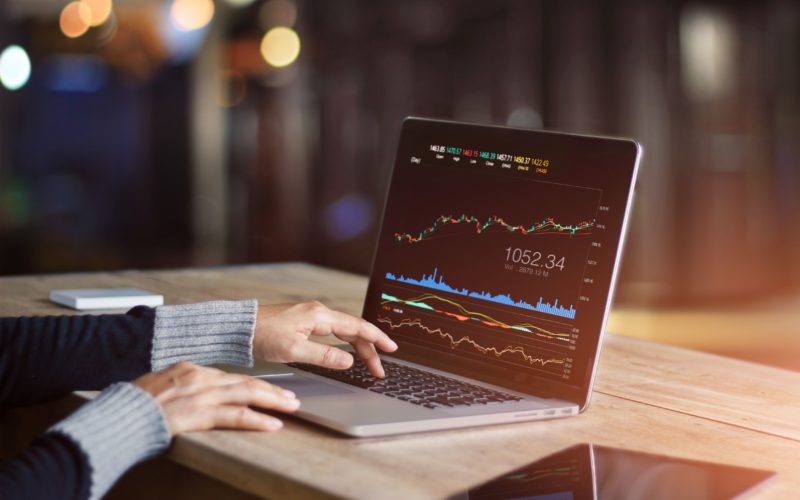In day trading, there are various strategies that traders can use. We will look at whether or not CFDs are a good option for day trading in Sydney, and we’ll also explain some of the pros and cons of using CFDs for this type of trading. Read more here to better understand whether CFDs are suitable for them when it comes to day trading in Sydney.
What are CFDs
Australian investors have long been able to trade shares, options, and other financial instruments. However, a new type of investment has become increasingly popular: CFDs, or contracts for difference.
CFDs are financial contracts that permit investors to speculate on the price movement of an underlying asset. If you believe that the price of a stock will rise, you can buy a CFD that tracks the stock’s price. If the stock’s price does indeed rise, you will make a profit on your CFD.
Conversely, if the stock’s price falls, you will incur a loss. CFDs are traded on margin, so you need to put down a small deposit to open a position. It makes CFDs an attractive proposition for many Australian investors. It’s essential to remember that margin trading is high-risk, and losses can quickly mount up if the market moves against you.
How do CFDs work
CFDs are traded on margin, so investors only need to put down a small deposit (known as the margin) to open a position. This leverage can amplify gains, but it also amplifies losses. When trading CFDs, Australian investors can go long (betting that the price will rise) or short (betting that the price will fall).
CFDs are a popular way to trade shares, commodities, indices and currencies. Unlike traditional investments, CFDs allow Australian investors to take advantage of both rising and falling markets. Losses can exceed deposits, and investors should only trade with money they can afford to lose.
Benefits of using CFDs for day trading in Sydney
Australian day traders have a lot to gain by using CFDs. CFDs allow you to trade on margin, which means you can control a more prominent position with less capital. It can lead to higher profits if your trades are successful. Additionally, CFDs offer a high degree of flexibility regarding how you trade. You can trade based on the underlying asset’s price movement or the difference between the prices of two assets.
This flexibility can give you an edge in the market. CFDs are subject to lower fees than other trading instruments, which means you can keep more of your profits. If you’re trying to boost your chances of success in the Australian market, consider using CFDs.
Risks associated with CFDs
Australian investors considering trading in CFDs need to be aware of the risks involved. CFDs are financial instruments that can be volatile and highly leveraged. It means that investors can lose a significant amount of money if the market moves against them. In addition, CFDs are not regulated by the Australian Securities and Investments Commission (ASIC) and are not subject to the exact disclosure requirements of other financial products.
This lack of regulation can make it difficult for investors to obtain accurate and reliable information about their trading products. As a result, Australian investors need to be cautious when trading in CFDs and make sure they understand the risks involved.
Tips for day trading with CFDs in Sydney
- Australian investors have a wide range of CFDs, so choosing the right one for your needs is essential. Consider factors such as the product’s leverage, margin requirements and fees before deciding.
- It’s also crucial to have a solid understanding of market conditions before you start trading. Use technical analysis to identify trends and support and resistance levels, and monitor economic news for events that could impact the markets.
- Set up an account with a reputable Australian broker once you’ve found a CFD that suits your trading style. Make sure you’re comfortable with the platform before trading with real money.
- Remember that day trading is risky, and losses can exceed deposits. Don’t trade with money you can’t afford to lose.





